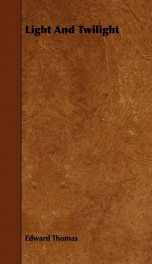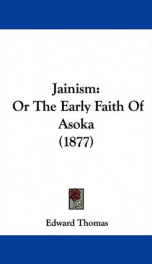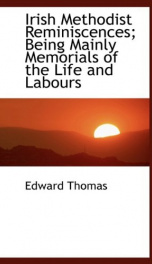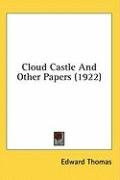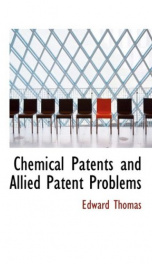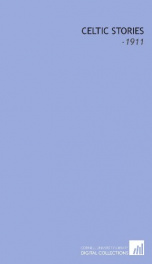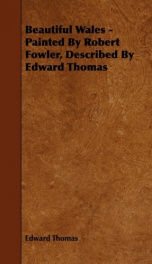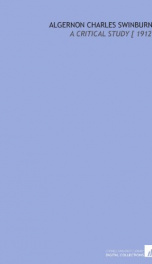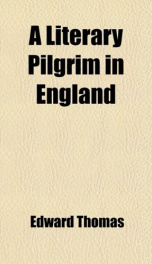feminine influence on the poets
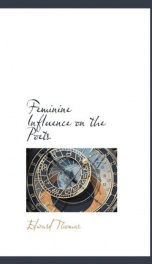
Purchase of this book includes free trial access to www.million-books.com where you can read more than a million books for free. This is an OCR edition with typos. Excerpt from book: Chapter 'Three: Women as Poets IT would not be easy to show that women have had any great influence upon English poetry by their own practice of the art. Far too often they have written as if they were only an inferior kind of man. They have written, as they still often write, love-poems upon a masculine model. " The Complaint of a Lover," for example, was written by the gifted and early dead Anne Killigrew (1660-1685) as if frm a man : See'st thou yonder craggy rock, Whose head o'erlooks the swelling main, Where never shepherd fed his flock, Or careful peasant sow'd his grain. No wholesome herb grows on the same, Or bird of day will on it rest ; 'Tis barren as the hopeless flame That scorches my tormented breast yet the image is one of the grandest in poetry. Women are more earthly than men, more directly and practically connected with the circumstances and foundations of life. The earth and this life are nearly good enough for them ; not from them has there ever been much whining about their souls and immortality. There are more Marthas to be found than Marys. They do not easilydetach themselves from things as they are here and now, and are less inclined than men to see themselves as a spectacle. Something of the truth at least appears in some lines prefixed by Mary Morpeth to Drummond's poems of 1656: Then do not sparks with your bright suns compare, Perfection in a woman's work is rare; From an untroubled mind should verses flow ; My discontents make mine too muddy show ; And hoarse encumbrances of household care, Where these remain the Muses ne'er repair. It might be supposed that it is true of women what every poet says at one time or another of himself, that he thinks "good thoughts, whilst other write good words," that he writes ill becau... --This text refers to an alternate Paperback edition.
Info about the book
Author:
Series:
Unknown
ISBN:
1112072349
Rating:
2.5/5 (4)Your rating:
0/5
Languge:
English
Users who have this book
Users who want this book
What readers are saying
What do you think? Write your own comment on this book!
write a commentif you like feminine influence on the poets try:
Other books by this author
Do you want to exchange books? It’s EASY!
Get registered and find other users who want to give their favourite books to good hands!


